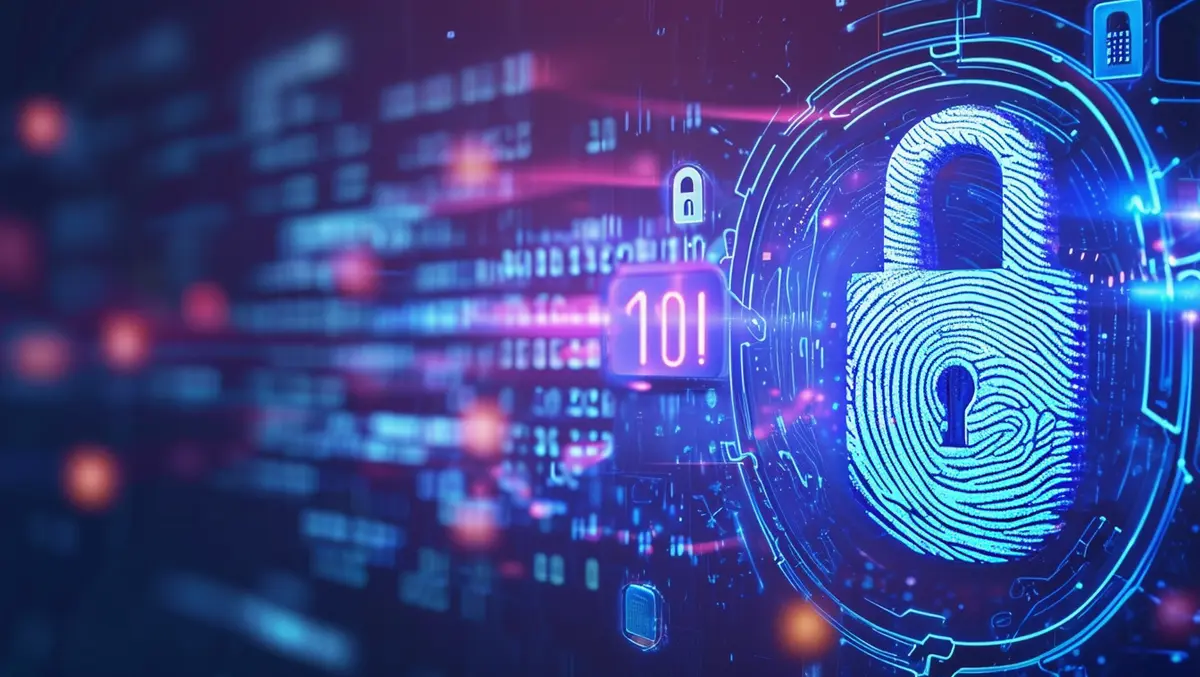
Kaspersky highlights the critical role of phone numbers in digital security
Phone numbers have increasingly become critical identifiers, much like personal IDs, essential for accessing a broad range of online services, from social networks to banking applications. Kaspersky highlights that control over these personal digits is integral, as their loss can result in substantial security issues for the owner.
The integration of phone numbers into users' digital identities implies that losing access to these numbers could expose personal and financial information to unauthorised individuals. Against this backdrop, Kaspersky experts have outlined strategies to secure phone numbers and maintain digital well-being.
The "Digital 2024 Global Overview Report" by Kepios indicates that there are now 5.65 billion unique mobile phone subscribers worldwide. This substantial figure suggests that a major portion of the global population possesses at least one phone number. Given these statistics, Kaspersky underscores the risks and responsibilities associated with phone line management and advocates awareness and protective measures if numbers are compromised.
When a phone containing the SIM card is lost or stolen, it presents a dire scenario. The immediate loss of the personal device is compounded by the risk posed to the owner's digital security. SIM cards, when unprotected by a PIN, can be easily transferred to another device, making linked accounts vulnerable to unauthorised access.
Kaspersky recommends contacting the service provider to block the SIM card immediately following the loss. Once deactivated, the SIM card cannot be misused. The next step should be to obtain a new SIM with the same phone number. For e-SIM users, the process involves contacting the provider to deactivate the SIM on the lost device and setting up a new connection. These measures minimise the impact of the loss and protect personal information.
When switching to a new phone number due to persistent spam or other interference, managing the transition is crucial. The existing number likely serves as a username or recovery option for various services, including social networks and banking apps. Mobile carriers often recycle old numbers and assign them to new users, posing a risk if the former accounts linked to it are not updated. The new owner might gain access to these accounts, compromising personal data.
Kaspersky advises not to rush this process. Securing a new number while keeping the old one active allows for a safer transition, ensuring all accounts are transferred correctly. A password manager can help identify which services use the old number, while reviewing incoming SMS for confirmation codes can provide clues on which services need updating.
Porting out scams occur when scammers collect enough personal information to impersonate someone. They often do this through phishing or vishing, where they trick individuals into disclosing sensitive data by pretending to be from a mobile provider. With this information, scammers make the carrier switch the phone number to a new SIM card under their control, allowing them to intercept messages and access accounts.
To guard against such scams, Kaspersky advises caution when dealing with emails and calls requesting personal information or urging quick action. Dubious communications should be verified by directly contacting the provider through official channels. If a SIM swap is suspected, it is critical to contact the carrier immediately to secure the account and monitor financial statements for unauthorised transactions. Adding a unique PIN or password for account changes with the mobile provider offers an additional layer of protection, and employing comprehensive cybersecurity solutions can prevent interactions with sites designed to capture sensitive data.
"In today's interconnected world, phone numbers have transformed into one of the most crucial personal identifiers, akin to a digital fingerprint. It's essential to approach their security with the utmost care. By recognising the risks of misuse and the potential for compromise, we can protect ourselves from significant future distress and loss. Moreover, vigilance coupled with modern cybersecurity solutions form a robust defence against various threats," comments Anna Larkina, web content analysis expert at Kaspersky.


